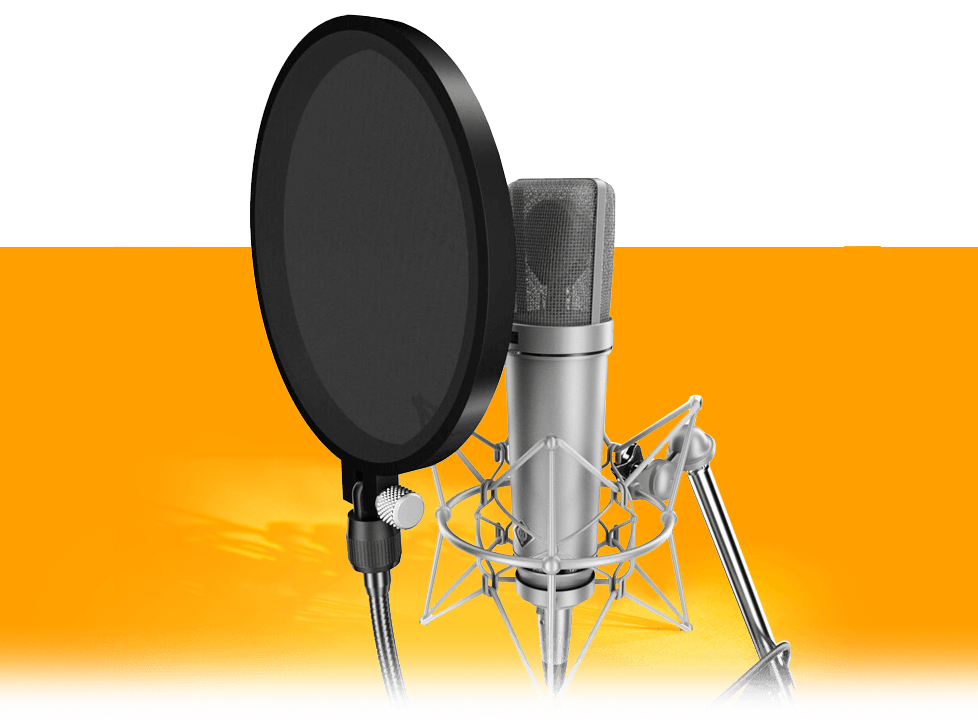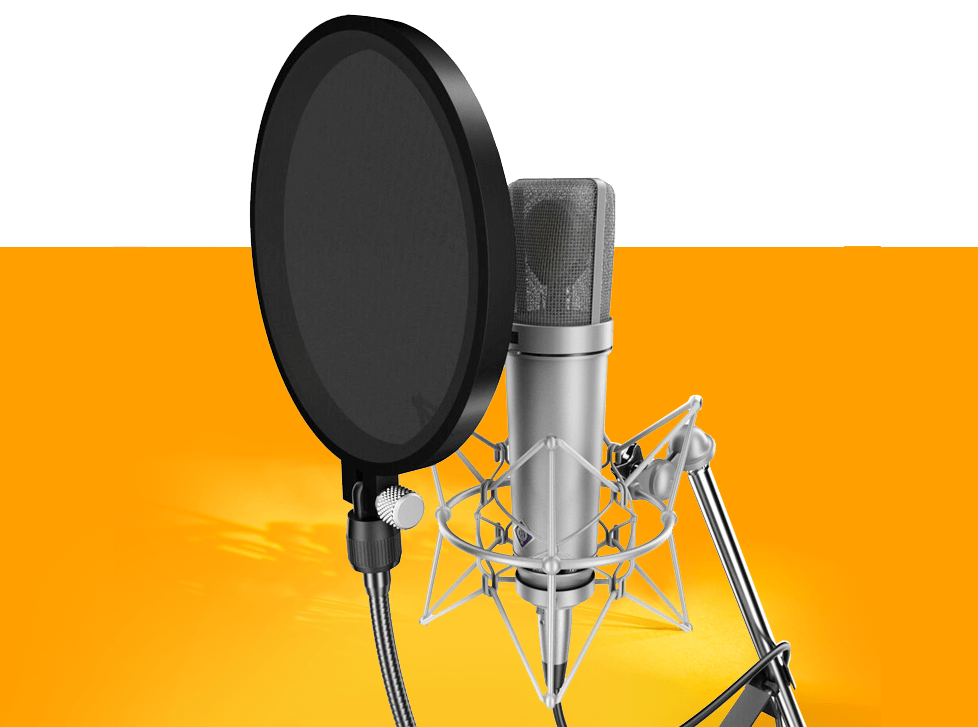Breaking Into Video Game Audio Engineering: A Beginner's Roadmap
Jeremy Alves | June 28, 2024
Audio production and engineering is a far-reaching field with applications in nearly every industry, from live sound to entertainment. One popular application of audio engineering is creating immersive, compelling environments in video games.
The audio engineering focus of video games requires a similar overall skill set to other fields but applied differently, along with unique tasks that aren’t usually found elsewhere.
Due to this uniqueness, you’ll likely need to acquire a diverse range of necessary skills from
audio engineering programs to be ready to contribute to a project.
So, we’ll explore how audio in video games has specialized needs that will appeal to someone interested in learning the right skills to contribute to incredible gaming experiences.
Understand the Basics of Audio Engineering
Jumping right into video game audio isn’t usually the best way to go. Instead, start by focusing on audio production and engineering, then learn how to apply those skills to video games as you grow. Let’s go through a high-level overview of how to get started.
Fundamentals of Sound and Music
Audio engineering colleges often start with the basics — how sound travels through the air and circuitry, what makes music compelling, and how to work within digital environments. Other foundational topics, such as music theory, are also learned early on into your course.
Gaining this knowledge prepares you for capturing live sound, creating soundtracks, and working within a gaming environment. The goal of the sound engineering course is to impart these skills, which often begin with a fundamental understanding of music and sound.
Introduction to Audio Engineering Tools
You’ll be using a wide variety of tools for video game audio engineering, including some tools that other types of engineers don’t use at all. But learning how to use video game-specific tools begins by learning the foundational software and hardware, including:
- Digital Audio Workstations (DAWs)
- MIDI controllers
- Specialized VSTs for mixing and mastering
Audio engineer schools invest plenty of time into teaching you the skills necessary to work with these tools and gain hands-on experience with them.
The Role of Audio in Video Games
Video game audio is a unique audio engineering focus that uses many of the same overall principles and techniques but might be applied differently. For example, rather than considering the acoustics in a live venue, you’ll need to apply acoustical understanding to a virtual environment.
Audio in video games goes beyond music and covers everything from sound effects to dialogue. This makes audio engineering in video games more challenging than it can initially seem but also equally rewarding for the right person.
What role does audio play in video games? While the specifics will vary by project or even by level, the following are ways audio in video games affects the entire experience:
- Procedurally generated music changes the instrumental based on what’s happening in the game, such as entering combat or entering a new area.
- Sound effects don’t exist on their own and often need to interact with the environment in some way.
- Specific sounds related to combat can significantly impact how satisfying combat is overall, making sound design highly important.
Presumably, you play video games, so pay attention to the audio and look for other ways it makes an impact during your game time.
Developing Your Video Game Audio Skills
How can you go about improving your video game audio engineering skills? The right approach is a blend of practice, experience, knowledge, and skill. Taking the time to enhance each of those areas as necessary will help you advance your overall abilities and what you bring to future projects.
Let’s explore a few ways you can improve your video game audio engineering skills.
Practical Skills Development
A high-level overview of the practical skills you’ll need, which is not all-inclusive, helps demonstrate what you should be able to do:
- Sound design for any effects in the game
- Music production
- Procedural music generation
- Integrating sounds into the environment
- Using the right file formats for performance
Crafting unique sound effects to give the game a consistent feel and aesthetic is a core responsibility of the audio team. Sometimes, heading out into the field and taking live recordings, then applying post-production techniques is the best way to go. In other situations, opening up Serum (or a similar synth) and fine tuning a sound is what the project needs.
It’s also important to have the ability to compose music that enhances different gaming genres and moods. On larger projects, you might have a dedicated music team and a dedicated sound design team, but it’s worth learning both skill sets to help enter the industry.
Technical Skills Enhancement
You’ll need to develop technical skills to be able to contribute to a game development team that aren’t often found in audio engineering.
A prime example is that you might need to learn a programming language, or at least have a functional understanding of them, so you can correctly engineer the audio for optimal performance.
The skills learned from an audio recording course may also prove to be useful, as video game dialogue and live sounds are common.
Keep Gaming
If you were a music producer, listening to music from other producers would be an important part of improving. So, working as a video game audio engineer means that playing games is critical for expanding your skillset.
Whenever you’re playing a game, pay attention to the audio, how it interacts with the environment, how it responds to what you do, and the impact it makes on your session. You might discover interesting ways other engineers used their skills, which you can then analyze and integrate into your own work.
Preparing to Enter the Industry
How do you actually get started working in the video game industry? While working in gaming is notoriously difficult for some positions, you might be surprised how many studios are often in need of skilled audio engineers.
However, you shouldn’t expect to start working without a little bit of legwork. Fortunately, experience might not be necessary as long as you can demonstrate your abilities and that you’ll be a good fit.
Create a Diverse Audio Portfolio
Build a portfolio that demonstrates what you can do. In the beginning, your portfolio won’t likely be from any shipped games. Instead, it can be a sample of specific projects you’ve worked on by yourself, like sound design or instrumentals.
Focus on the specific elements of gaming audio that you enjoy and excel at. Come up with example projects you can create that showcase these skills — you’ll have a strong head start on landing your first job.
Online Presence and Networking
Develop an online presence that helps expose you to people in the gaming industry. Your presence can be as straightforward as a few social media profiles or as complex as an active YouTube channel.
The overall goal is having a public facing online presence that showcases your knowledge, skills, and experience. Keep everything active and make sure to remain professional.
Gaining Experience
You can also sometimes find open-source games that would love an audio engineer stepping in to contribute. It might take some time as there aren’t as many open-source games as traditional games, but they do exist, and it’s worth finding one you can regularly contribute to and help build your portfolio.
Additionally, look for internships and entry-level jobs on smaller projects to gain more experience in the industry. You can also develop an audio-focused indie game to showcase your abilities.
Preparing for Career Advancement
Once you land your first entry job, what’s next? You’ll need to keep growing, learning, and be a great addition to any team.
Keeping Up with Industry Trends
All audio engineers and music producers have to keep up with industry trends — but as a video game engineer, you’ll have to keep up with both gaming and audio engineering.
You need to stay aware of new audio tools that emerge, how to use them, and how they’re being used in projects. At the same time, you also must stay on top of audio in gaming and how it's evolving.
For both, knowing that a specific tool or trend exists isn’t enough. You also need to know if gamers like it, why, and how to integrate it with your own projects.
Advancing Your Career
Gaining experience and expanding what you bring to the table are the foundational aspects of career growth. Yet, don’t make the mistake of focusing on technical skills — soft skills are also hugely important.
Communicating, collaborating, and resolving conflicts makes you a valuable member of a project. This can lead to internal promotions or earn a referral from a previous coworker.
Build the Skills You Need at OIART’s School of Audio Engineering
Working as an audio engineer can be an extremely rewarding career as you work with a team to launch an entire gaming experience for others to appreciate. However, you’ll need to start learning and keep growing throughout your career to succeed.
Developing the right blend of skills and knowledge takes time, but attending a formal course on the topic can go far in taking you from inexperienced to working in the industry. OIART is one of the leading audio engineering schools to equip you with everything you need to start working.
Are you ready to launch a new career in the gaming industry as an audio engineer?
Apply to OIART’s audio program to take the first step towards working in gaming.
Ready to Start?
OIART's Audio Program Includes:
✓ Small Class Sizes
✓ On Site Facilities
✓ Industry Leading Instructors
✓ Post Grad Support & Guidance
✓ Exclusive 11 Month Program
Top Reasons Why You Should Choose OIART.
Have Questions?
If you have questions about our audio engineering and music production program or would like to book a tour, we would be pleased to speak with you.
Text Us: 519.200.4151
Share This With a Fellow Music Lover
Apply in 3 Steps!
Step 1: Click Apply Now to start.
Step 2: Answer questions about yourself.
Step 3: Submit and check your email.
Share this with fellow music lovers


